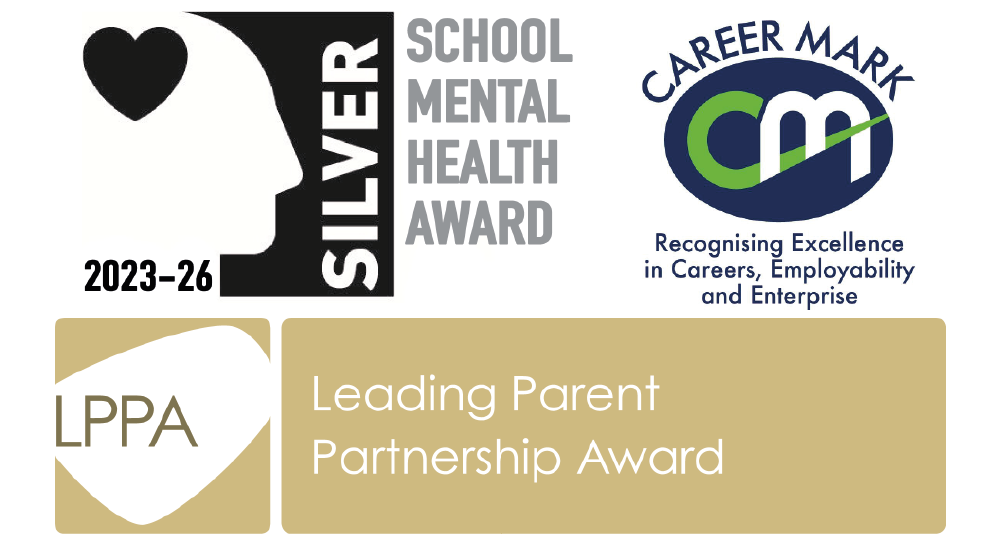Erdington Academy Teaching and Learning Vision
Teaching & Learning at Erdington Academy
Erdington Academy Teaching and Learning Vision
Vision
At Erdington Academy, we know that we have a great responsibility in enriching the lives of our pupils, so that we transform their futures. We know that all pupils develop and progress at different rates, so we are dedicated to ensuring that they receive an excellent education here through the implementation of our ambitious curriculum. We intend for all of our pupils, regardless of background or circumstance, to be supported to realise their full potential in order to aspire without limitation, to open the door to their futures.
All students are supported by our devoted team of staff, who we firmly believe are experts in their respective subjects. Staff are committed to keep abreast of the latest developments and findings within their respective fields of specialism, to ensure that they impart the most current and accurate knowledge to our pupils.
Staff are relentlessly dedicated to engage with the most up-to-date educational research and evidence informed practice, to enable them to not only understand the cognitive science of learning, but also ensure that they know how and why the pedagogy of Direct Instructional teaching is used; and know that is the most effective way to facilitate the pupils’ learning journey in order to ensure that they: ‘know more, do more & remember more.’
Our definition of learning:
At Erdington Academy we know that learning takes place by making permanent changes to our pupils’ long-term memories (this can be by demonstrating new skills that were not there before, retrieving knowledge, or showing personal growth). We believe that successful and sustainable learning makes a great difference to our children, enabling them to make better decisions that lead to achievements and personal fulfilment. We recognise that there are no limits to how much a person can learn, and we encourage our children to develop a love for learning for the rest of their lives.
Key principals of Teaching and Learning
At Erdington Academy we have adopted Direct Instructional teaching as the basis for our approach to teaching and learning across school, which we refer to as the ‘Teaching for Excellence’ or the TfE model.
We know that research shows that using cognitive science principles of learning can have a real impact on rates of learning in the classroom. There is value in our teachers having working knowledge of cognitive science principles. We know that learning requires information to be committed to long-term memory; that information is processed through the working memory; and that the working memory has limited capacity and can be overloaded.
The diagram below shows how we learn:

The key principles we have adopted have been informed by the diagram above and are seen in elements which are present in every learning episode, be it in one lesson or over a series of lessons.
An excellent Climate for learning – “A positive, caring, respectful climate in the classroom is a prior condition to learning.”- John Hattie. We know that providing a calm, purposeful and warm atmosphere is key to good learning.
A Do Now task – usually a retention test, or an activity based on prior learning, to help pupils remember long term content they have been taught over time.
Explanation – effectively planned, thus presenting the subject matter clearly – this is not interrupted or punctuated with questions. It is the opportunity for the teacher, the expert, to deliver the subject they are the specialist in, and passionate about.
Modelling – this is an opportunity for pupils to ‘make sense’ of the learning. This is where teachers work through a learning process themselves, modelling to students not only the method, but drawing attention to the thinking that underpins the process.
Questioning – to check pupils’ understanding systemically to inform teaching: questions help pupils embed key concept and develop their understanding, thus connecting new material to their prior learning. Furthermore, through using questioning to systematically check understanding will inform the teacher what the next steps in the learning sequence should be.
Deliberate practice & feedback – the individual activity completed by the pupils; the activity focuses the most important knowledge or concepts that pupils need to know, linking with examination content at Key Stage 4, and always with a shared success criterion. The use of assessment not only checks pupils’ understanding, but allows staff to identify any misconceptions or gaps in knowledge to address in future learning. Actionable feedback on the deliberate practice facilitates the pupils to secure improvements in their knowledge and performance at a later time.




